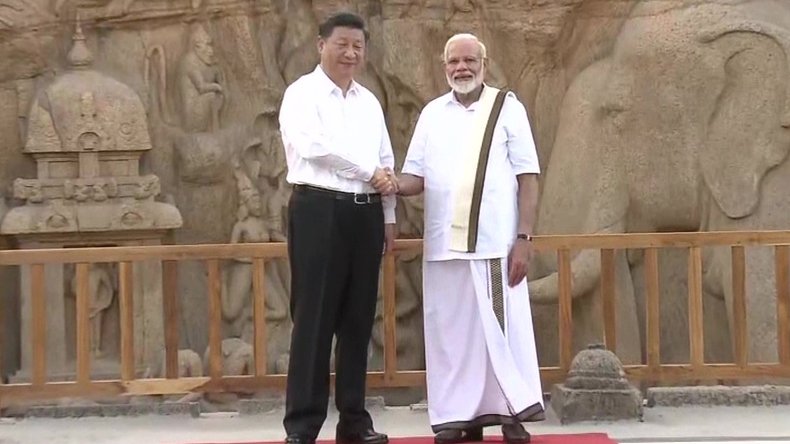
India’s hopes for improved relations with China dashed as President Xi Jinping’s absence from the G20 summit signals a prolonged period of strained interactions between the two nations.
Chinese President Xi Jinping’s decision to skip the G20 summit has been perceived as a snub to India and a further setback to the already frosty relations between the two nuclear-armed Asian giants. The absence of any official comment from either country has fueled speculation and raised concerns about the future of their bilateral ties.
Analysts point out that Xi’s decision to stay away from the summit exacerbates existing tensions between China and India. These tensions include an ongoing military standoff along their Himalayan border and India’s insistence that progress in their relationship is contingent upon a resolution of the frontier issue. As a result, prospects for a thaw in bilateral relations appear remote.
When asked about the implications of Xi’s absence, Chinese foreign ministry spokesperson Mao Ning emphasized that Beijing had supported India’s hosting of the summit and claimed that China-India relations “remain stable.” Mao further stated that China is willing to collaborate with India to improve their relationship. However, the decision to send Premier Li Qiang instead of Xi has raised eyebrows and has been interpreted as a sign of China’s discomfort with India’s economic rise.
While Indian government officials have privately downplayed Xi’s absence, asserting that leaders occasionally skip summits for various reasons, a senior member of Prime Minister Narendra Modi’s ruling Bharatiya Janata Party (BJP) expressed the view that Beijing’s decision reflects unease over India’s growing economic prowess. BJP vice president Baijayant Jay Panda characterized China’s behavior as exhibiting a degree of petulance and suggested that the country may find it difficult to accept India’s emergence as the fastest-growing economy.
India-China relations took a nosedive following a clash between soldiers from both sides in the western Himalayas in June 2020, resulting in the loss of lives on both sides. While subsequent military and diplomatic talks have brought some calm to the border region, tensions persist in certain areas. India seeks disengagement at two additional disputed points and a return to pre-2020 positions. Both countries have deployed substantial forces, weapons, and equipment in the mountainous region.
The divergence in accounts of a conversation between Modi and Xi during the BRICS summit in Johannesburg further highlights the lack of alignment between the two nations. India stated that the leaders agreed to direct officials to expedite a resolution to the border conflict, while China made no mention of any agreement and emphasized the importance of improving bilateral ties for global peace and stability.
Meanwhile, India has moved closer to the United States and imposed restrictions on Chinese companies in critical technology and telecommunications sectors since 2020, drawing ire from Beijing. Shi Yinhong, a professor of international relations at China’s Renmin University, identified key issues between the two countries, including the Himalayan military confrontation and India’s participation in the Quad grouping with the United States, Japan, and Australia. Beijing perceives the Quad as a challenge to its interests.
Experts suggest that these longstanding issues are likely to persist, as India continues to assert its opposition to China’s claims in the South China Sea, strengthens its navy, and imposes bans and restrictions on Chinese tech exports and investments. The absence of President Xi from the G20 summit is viewed as unusual by Shyam Saran, a former top diplomat of India, who believes that his presence would have been more favorable. However, Saran also noted that Xi’s absence is unlikely to diminish the overall success of the summit.
Happymon Jacob, an international relations professor at Jawaharlal Nehru University in New Delhi, expressed concern over the implications of Xi skipping the G20 summit for India-China relations. Jacob believes that this development signals a sustained period of strained and less amicable interactions between the two countries, predicting a decline in summits and chance meetings. The absence of Xi Jinping reinforces the perception that China is adopting a less friendly and conciliatory approach towards India in the foreseeable future.
